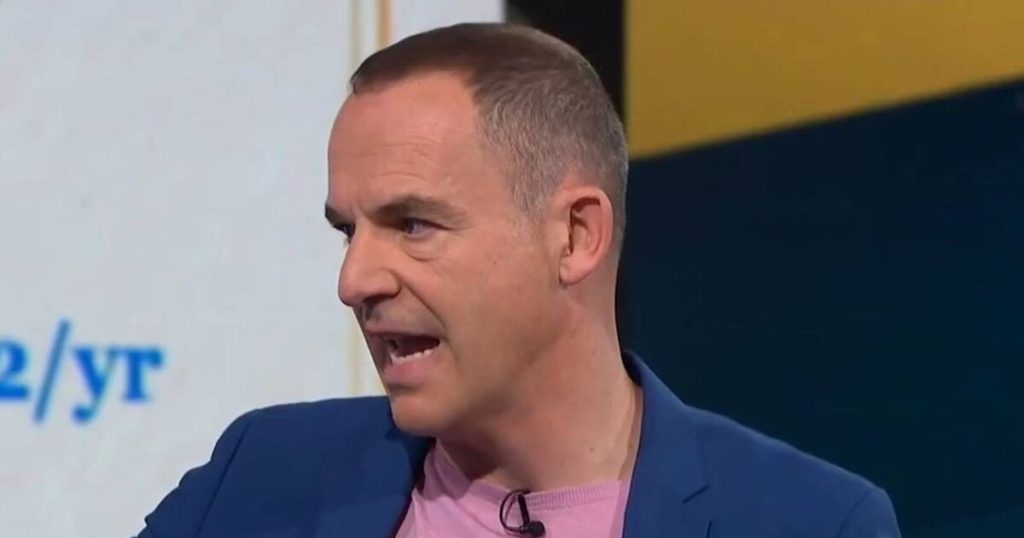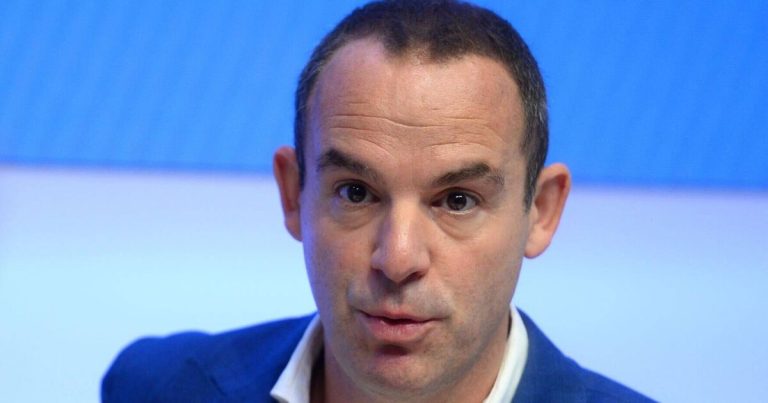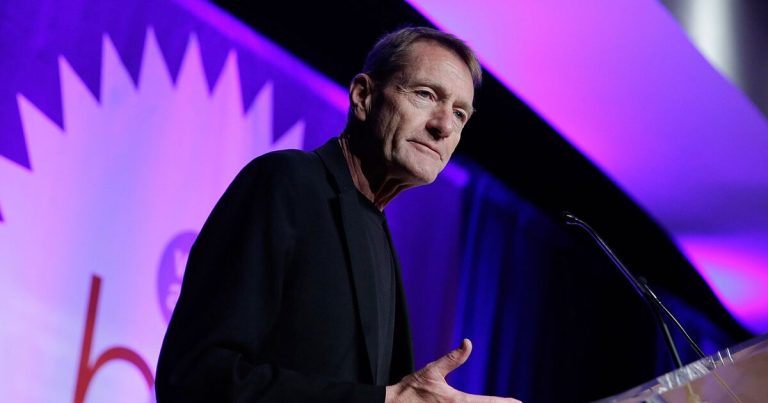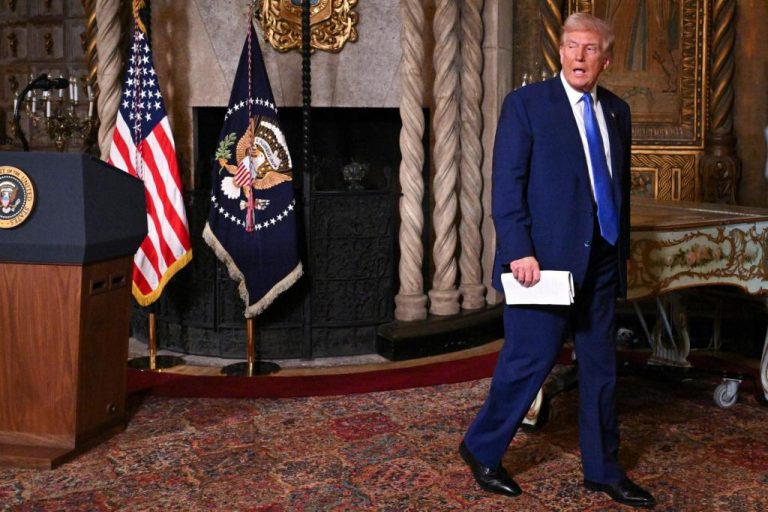
Martin Lewis has urged everyone earning over £10,000 to act now or risk missing out on what he describes as a free pay rise. The personal finance guru, during his BBC Radio 5 podcast, explained the two ‘superpowers’ of pensions and how they can significantly benefit those in employment.
In the podcast, which can be accessed in full here, Mr Lewis highlighted two key features of pensions that make them ‘unbeatable’. These are the fact that contributions are made before income tax is deducted and that employers are legally required to contribute.
He stated: “The two pensions superpowers which mean you can double your investment instantly. The most important thing I;m going to tell you about pensions today.
“This is crucially important – pensions have two superpowers in my view and I want to explain them. The first pensions superpower is this: You contribute to your pension through your pre-tax income. and that means you get more savings than it costs you. So imagine you’re putting £100 into your pension from your salary which is how many do it.”
The celebrated money-saving expert, Mr Lewis, highlighted how pension contributions can significantly boost your savings due to tax relief, stating: “Normally for someone who pays tax at the basic 20 per cent rate for every £100 you get in your salary you only take home £80 of it. Yet pension contributions are made before the tax is taken out. That means you get to invest the £100, because the £100 comes off your salary but you only lose £80 in your pay packet. So effectively the tax relief is the difference – you get a £100 investment and it only costs you £80.”
He elaborated further for higher earners: “If you are a higher 40 per cent rate tax payer, you get £100 investment and only lose £60 from your pay packet. If you’re a top 45 percent taxpayer, you get £100 investment and only lose £55 from your pay packet.”
Mr Lewis questioned the fairness in the system given that those earning more receive greater tax relief, adding: “That is the crucial superpower. Quite simply when you put money in normal savings and normal investments it’s coming from your after tax salary, so you’ve already lost that £20 or that £40 or that £45 to the tax office.”
He asserted that pensions provide an advantageous ‘boost’ as they are fuelled by pre-tax earnings.
MoneySavingExpert founder Martin Lewis has issued a crucial alert to workers, urging them not to miss out on what he calls a “hidden pay rise.”
He emphasised: “Do not throw away a hidden pay rise. If you save in your pension your firm must contribute too. So by law if you’re an employee aged 22 to 66 earning over £10,000 you are automatically enrolled into a pension – in other words you are opted in to contributing without being asked. I’m a big supporter of this because it pushes people into good financial behaviour even if they’re not sure what they want to be doing later in life.”
He detailed that with automatic enrolment, employers are required to add to your pension pot, effectively boosting your salary. For money purchase pensions, the minimum total contribution is 8 per cent on qualifying earnings, with at least 3 per cent coming from the employer.
Lewis highlighted the long-term benefits, saying: “And some employers will contribute more and that is a huge boon and you’re being paid more in total, although admittedly your disposable income is lower because of your contribution. You lose a little in the short run, but you gain a lot in the long run.”
Discussing the overall impact of the two pension superpowers, he explained: “We’ll start with the basic rate taxpayer. You put £100 in your pension but it only costs you £80. But because you’ve put £100 in your pension your employer has to add £60, assuming you’re in the right level of earnings, so that would mean you’re getting £160 a month of investment, but you’re only losing £80 in your pay packet to do it. That is unbeatable – there is nothing else like it out there.”







